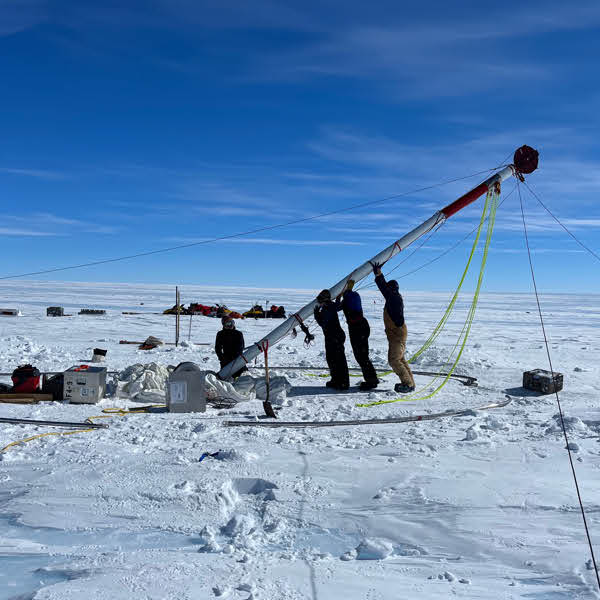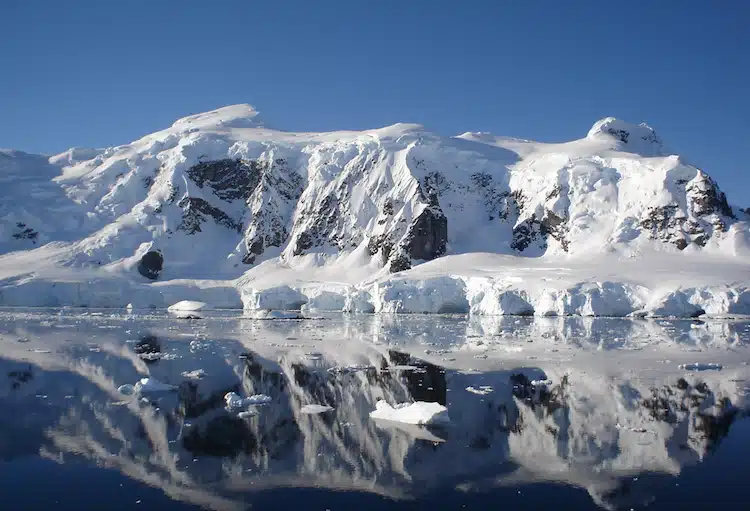
Photo: Rodrigoanfor via Wikimedia Commons (CC BY-SA 3.0)
Since mid-July, Antarctica has experienced a near record-breaking heat wave, its second in the past two years. Despite Antarctica being in the middle of its winter, when the continent is typically the coldest and darkest, certain regions are experiencing temperatures up to 50°F above average.
Eastern Antarctica, where the heat wave is hitting the hardest, has seen temperatures alarmingly rise to -22°F and even -13°F. Usually, at this time of year, the temperature ranges from -58°F to -76°F.
While researchers are still investigating why this phenomenon is occurring, they suspect that the rare disruption of the southern polar vortex has to do with it.
The southern polar vortex consists of solid winds and low-pressure systems circulating 10 to 30 miles above the surface. Essentially, it exists to keep cold air trapped over Antarctica. When the wind pattern is disrupted, it causes cold air to escape and warmer air from the upper atmosphere to take its place, increasing the temperature.
The heat wave’s notable duration and severity can be attributed to the repeated waves of warm air coming from the southwestern Indian Ocean. The surges occurred frequently, one after the other, resulting in nearly continuous warming.
Amy Butler, a research physicist at the National Oceanic and Atmospheric Administration (NOAA), told The Washington Post that the vortex, which is typically stable during winter, was likely disturbed by atmospheric waves.
“The main reason it is notable is because it is usually a relatively quiet time of year for the Southern Hemisphere polar vortex,” Butler explained.
This phenomenon is so rare that it only occurs once every 20 years. According to Butler, heat waves are far less common in the Southern Hemisphere than in the Northern Hemisphere, as they are disturbed less frequently.
The previous heat wave in March 2022 was the worst warming event ever recorded in Antarctica, with temperatures in certain regions rising up to 70°F above average. However, in comparison, the current heatwave has lasted longer and spread further.
Researchers continuously raise concern over the rapid glacier melting in Antarctica and Greenland. Scientists worry that the continent could experience more frequent heat waves as summer approaches in Antarctica. Such events could accelerate ice melt and alter ocean currents, both of which could lead to a climate disaster.
During its winter, Eastern Antarctica is experiencing a near record-breaking heat wave, with temperatures up to 50°F above average due to a rare disruption in the southern polar vortex.
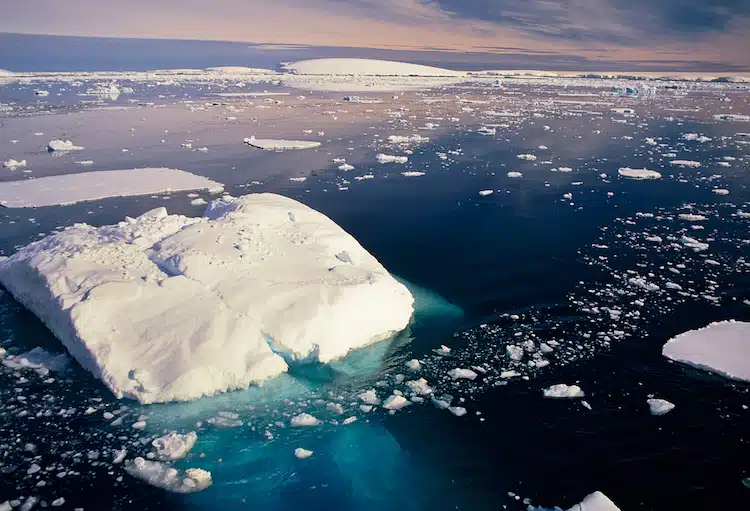
Photo: GRID-Arendal via Flickr (CC BY-NC-SA 2.0)
This event allows warmer air to replace the typically trapped cold air, raising temperatures due to continuous warm air surges from the southwestern Indian Ocean.
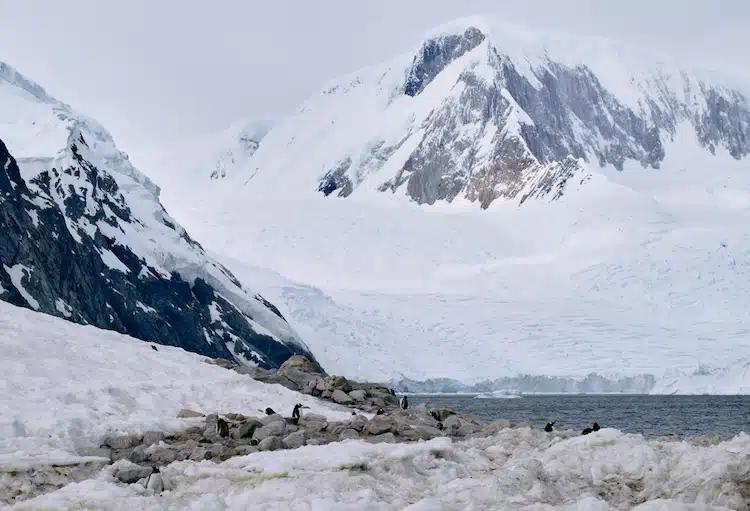
Photo: Pedro Szekely via Flickr (CC BY-SA 2.0)
Researchers are concerned that more frequent heat waves could accelerate ice melt, disrupt ocean currents, and cause a climate disaster.
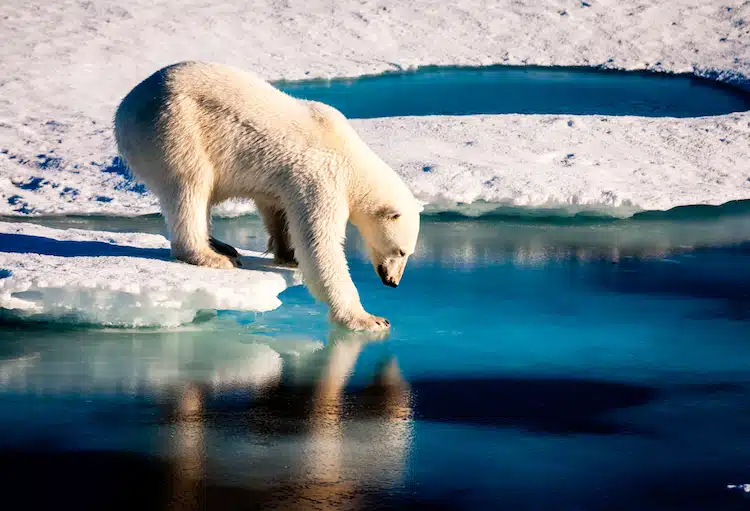
Photo: NASA via Rawpixel (Public Domain)
h/t: [CNN]
Related Articles:
Scientists Discover That Climate Change Is Causing Longer Days
Earth’s Temperature Is Rising More Rapidly Than Expected According to Experts
U.N. Climate Report Reveals That We’re Destined for a Hotter Planet





















































































